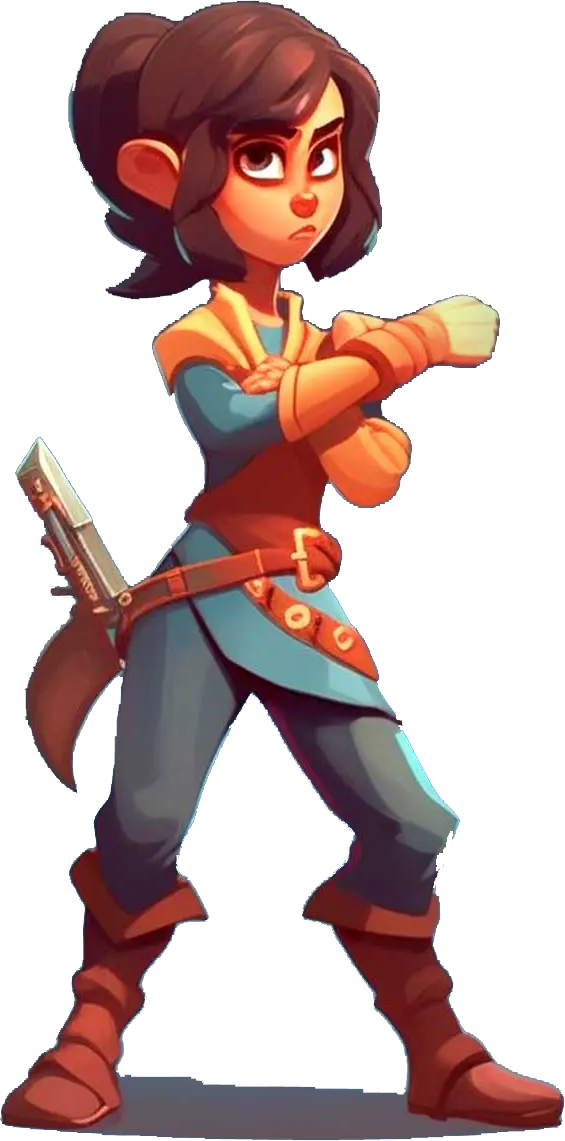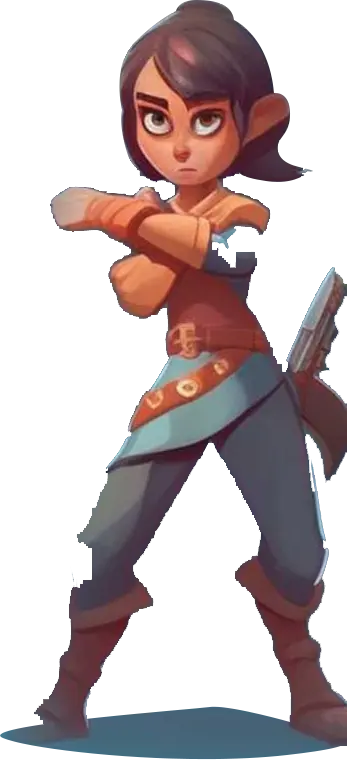With the top-notch selling games like World of Warcraft and Aion, there can be no argument that Massively Multiplayer Gaming has become the backbone of the gaming world.
In few years the genre’s rise to importance has been nothing short of breakneck, so much so in fact, that a lot of people don’t realize just how long and diverse the history of the genre is. This could be in part due to just how complicated its history has become. With some genres, first-person shooters have a reasonably simple and well-defined path that the genre has traveled along, from Maze War to Wolfenstein 3D, then to DooM and so on.
This is not really the case with MMORPGs, improvement and changes in technology have made its history somewhat difficult to trace. Gladly, though, the history of this genre is more than engrossing enough to justify a good hard look at its path to glory.
The chronicle of the MMORPG set about with a game very few may anticipate, a game that had neither a multiplayer mode nor closely any form of combat whatsoever. That game is Zork. Before the existence of today’s captivatingly modeled MMORPG worlds, online adventuring was restricted to the world of the text. Actually, in the early ’80s, if you wanted to explore an online world filled with other players and creatures to battle, you had just one option: MUD. For those of you who may not be familiar with the game, MUD was an easy and simple online Multi-User Dungeon build by an individual named Roy Trubshaw.
Habitat turned out to be a huge step forward in the world of online gaming and a clear predecessor to today’s MMORPG’s open environments; taking the idea of a free form environment to an extent that may not ever have been fully perceived again. The game was built to be a world in which users could role play as they saw fit. Characters could be robbed, killed and everything else you would anticipate but what made the game truly distinctive was the near complete lack of rules governing gameplay. The world was totally user-defined and the character’s interactions were governed only by the actual gamers behind them.
Only after few years, Habitat went live, Stormfront Studios released a game known as Neverwinter Nights. It was a true amalgamation of graphical role-playing and Dungeons and Dragons based rules of combat. Though it was run over AOL, in many ways the game is the first example of what we have come to know as an MMORPG. It showcased a very great balanced, well thought out combat system and hosted tournaments for player versus player combat. The game has also been a great benefit from the initiation of guilds and guild wars, adding a more social and team-based element to the game.
Regardless of all of these developments and achievements, in the early ’90s, massively multiplayer online role-playing was still somewhat of an unconventional culture. A lot of games in the genre had been released by less than vital players in the gaming industry. The promotion of the games was often somewhat overlooked, so much so that many gamers were not even aware this style of gaming existed. In 1996, though, all of that was going to change; the big boys had taken notice. Within three years Ultima Online, EverQuest and Asheron’s Call would launch in North America amid massive marketing campaigns, bringing the entire genre into the public eye.
While this was happening in North America, in the east Nexus: The Kingdom of the Winds, a game that would later boast a subscriber base of million users, was sweeping South Korea. The remarkable popularity and compelling nature of these multiplayer action games earned heed not only from the gaming media but from the mainstream media as well which in turn only served to expand the genre’s exposure to ultimate players not previously involved in gaming.
When these titles were quite successful, the genre’s was well-known has been nothing short of amazing. Talking about Nexus once-astonishing million user subscriber base has been made irrational by World of Warcraft’s over twelve and a half million users, users who have not just purchased the game but keep on to pay a monthly fee.
The genre has proven to be successful to the gaming industry in a way never before seen and looking over the list of best MMORPGs right now, it seems improbable that this new genre will do anything but continue to grow at an increasing rate. It will be fascinating to see the ways in which this magnificent new business model manages to affect the gaming industry in general, as it most assuredly can be expected to do so.




